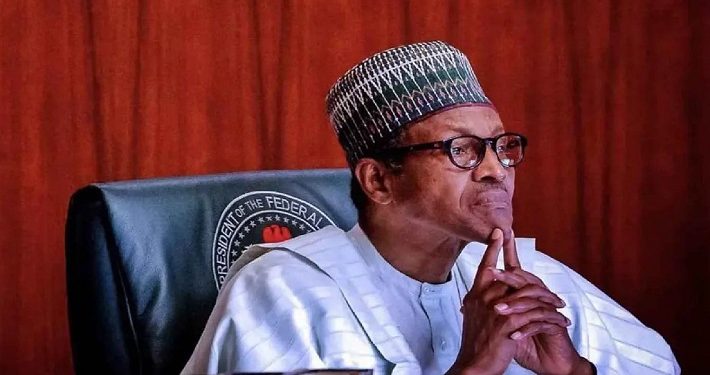The figures include the debt stock of the federal and state governments, including the Federal Capital Territory.
Nigeria’s total public debt under President Muhammadu Buhari-led administration, in December 2020, rose to N32.915 from N32.222 trillion in September the same year.
As of September, the public debt stock increased to N32.2 trillion, according to the Nigerian domestic and foreign debt report, released by the National Bureau of Statistics (NBS) and seen on Naira Metrics.
The 2.1 percent or N693 billion increase between September and December was announced in a press statement released by the Debt Management Office (DMO) on Tuesday.
According to the DMO, the figures include the debt stock of the federal and state governments, as well as the Federal Capital Territory. The statement cited the COVID-19 pandemic as the basis for the increase.
The agency recalled that the level of new borrowing at the Federal Level as shown in the Annual Appropriation Acts, declined as part of the Government’s efforts to moderate the rate of growth in the public debt stock in order to ensure debt sustainability.
It said the “New Borrowing to part-finance Budget Deficits had declined steadily from N2.36 Trillion in 2017 to N2.01 Trillion in 2018, N1.61 Trillion in 2019 and N1.59 Trillion in the first 2020 Appropriation Act.”
According to the DMO, “the trend was reversed in 2020 due to the economic and social impact of the COVID-19 Pandemic as New Borrowing in the revised 2020 Appropriation Act was N4.20 Trillion.
Many countries including the advanced countries also increased their level of borrowing as a result of COVID-19.”
The agency, however, maintained that “This incremental borrowing to part-finance the 2020 Budget and the additional issuance of Promissory Notes to settle some arrears of the Federal Government of Nigeria contributed to the increase in Public Debt Stock. New Domestic Borrowings by State Governments also contributed to the growth in the Public Debt Stock.”
“Total Public Debt to Gross Domestic Product as at December 31, 2020 was 21.61% which is within Nigeria’s new Limit of 40%. The various initiatives of the Government to increase revenues such as the Strategic Revenue Growth Initiative and the Finance Act, 2020, should help shore up Government’s revenue and reduce the Debt Service to Revenue Ratio,” it added.






